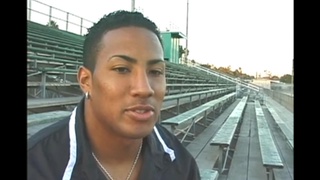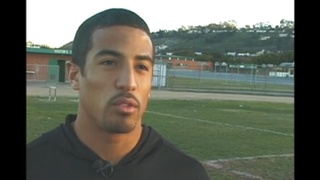Interviews
Fitting in to both sides of her family
I became Zelig, which is basically a term from a Woody Allen movie where he becomes whoever he's with, like a chameleon. Like I would go and visit my grandparents in Hawai'i, and my grandmother mostly spoke just Japanese, and I became like a pure Japanese girl when I was at her house. All of a sudden I just acted Japanese. I wanted her to love me. … And then when I'd go and visit my Jewish side, in Beverly Hills on my dad's side. All of a sudden I was a total Jew. Like my hair would frizz up immediately when I walked in the house, got a jewfro. And I'm like "hey, how ya doin' huh?" (laughs). I just become wherever I am, because you can't help it. Because they love you and you want to make them happy and they want to see you as whoever they are. And it’s just nice.
Date: April 4, 2013
Location: California, US
Interviewer: Patricia Wakida
Contributed by: Watase Media Arts Center, Japanese American National Museum





